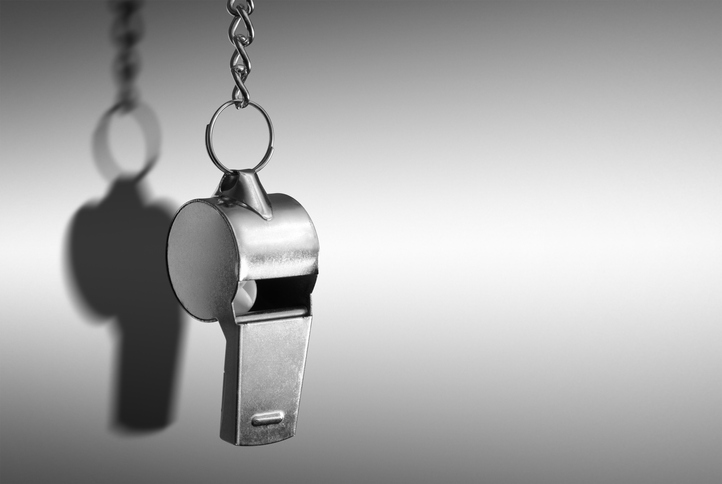Blowing the whistle on a decision to dismiss
Ian Machray explores whether employees can be personally liable for compensation flowing from the dismissal of a whistle-blower.
Under the Employment Rights Act 1996, workers are protected from both dismissal (where the worker is also an employee) and detriment on the grounds that they have made a protected disclosure. The statutory protection from detriment includes any detriment that workers are subjected to by colleagues or agents of the employer.
These two strands of whistle-blower protection operate independently, and employees are specifically precluded from bringing a detriment claim where the detriment complained of “amounts to dismissal”. However, in the recent Court of Appeal decision in Timis and Anor v Osipov, it was held that this provision only excludes such a claim being brought against the employer.
Mr Osipov was briefly employed as the CEO of International Petroleum Ltd. Having made several protected disclosures relating to corporate governance and compliance issues, he was dismissed by the company.
Mr Osipov issued proceedings in the Employment Tribunal (ET) against his employer as well as, amongst others, two non-executive directors in their individual capacities. The ET held that the principal reason for Mr Osipov’s dismissal was that he had made protected disclosures and that he had therefore been automatically unfairly dismissed. The tribunal also held that, by their conduct in determining to dismiss him, the two non-executive directors had subjected Mr Osipov to a detriment and should be held jointly and severally liable with the company to compensate Mr Osipov for the losses he had suffered as a result of his dismissal.
On appeal, the Court of Appeal dismissed the contention that Mr Osipov was prevented from bringing a claim against the two non-executive directors on the basis that the detriment amounted to a dismissal, finding that this only operated to prevent such a claim against the company. Mr Osipov was therefore entitled to bring a claim against a co-worker for a detriment resulting in his dismissal and as part of that claim recover compensation for losses flowing from the dismissal, subject to the normal rules about remoteness of loss.
This case confirms that individuals may be held personally liable for their treatment of whistle-blowers, giving claimants another avenue to pursue when seeking an effective remedy. This will prove particularly relevant in circumstances where the employer is insolvent, as was the situation in this case.
Employers should ensure that all employees have training on whistle-blowing and are aware of the risk of personal liability for themselves if they fail to comply with the company’s procedures. We will be introducing a training video on this very topic in 2019, contact Ian Machray for details.

